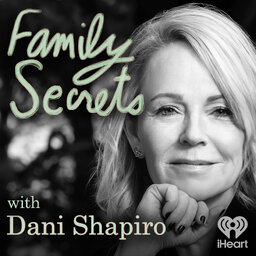Can We Just Go Get Her?
When Zoe Shaw becomes pregnant at fifteen years old, her life is thrown into orbit. Not only must she conceal her pregnancy from her family and community, but too, her future will be forever informed by the secret at the core of her adolescence.
Learn more about your ad-choices at https://www.iheartpodcastnetwork.com
 Family Secrets
Family Secrets


